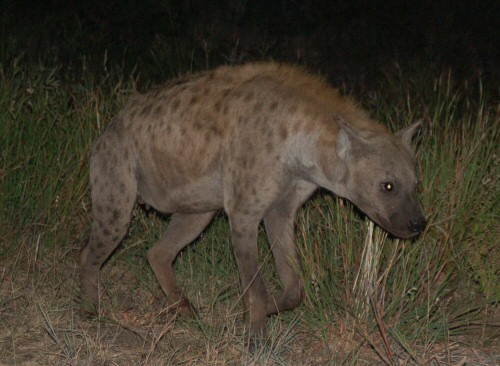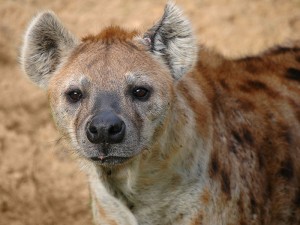I love my fellow vultures, we fans of taxidermy and hides and bones and other such specimens. But I don’t always agree with them. Case in point: I recently read someone writing about how they thought they were obliged to pick up roadkill and salvage the hide and bones because otherwise it would be “a waste”.
On the one hand, I can see a good point in favor of that attitude. Roads aren’t “natural”, if by “natural” you mean “anything dating after humans discovered fire”. We see a deer accidentally hit by a car as a tragedy, but a rabbit accidentally trampled by a stampeding deer is “natural”. It’s only human intervention that seems to be “unnatural”. So if that’s your perspective, then yes, roadkill seems like a huge waste of life.
Furthermore, the argument is made that since the carcass is already there, we vultures should process it into tanned fur and cleaned bones and other specimens. It means one more set of animal remains funneled into the growing demands for taxidermy and curiosity cabinets, but without the deliberate killing of hunting (which for some people is worse than an accidental death by roadkill).
Both of these are valid reasons for making use of a roadkilled animal, and not letting a good opportunity go to waste. However, I would also argue that leaving the carcass there is not a waste. We may dislike seeing it on the side of the road, perhaps because it’s unsightly, often because we feel it’s disrespectful to the animal.
But what actually happens to roadkill when it’s simply rolled off the side of the road and into the ditch beside it? I had the unique opportunity a number of years ago to witness this in detail. I lived in a rural area close to Pittsburgh, PA. A whitetail doe got hit by a car right in front of the house, and her body ended up falling partway down a drainage ditch at the edge of our yard. This was mid-July, so it was hot, and flies showed up almost immediately. In the space of a week, a complete carcass was stripped almost completely of flesh by a growing army of maggots and bacteria, and likely was also nibbled on by local foxes, raccoons and other critters.
We do not see this process ourselves very often. Most people only see the remains of the deceased as bodies in funeral homes, meat in grocery stores, and fleeting glimpses of roadkill on the side of the highway. Few observe the stages of decomposition, and so we forget it is the most natural thing in the world. That roadkilled doe did not go to waste. She fed thousands of insects, countless bacteria, and even the fungi and plants beneath her. Even remains that “simply rot” feed something. There is no waste in nature.
But what about my work with preserved hides and bones? After all, I did collect the doe’s bones once the meat was all gone, and I did purification rites over them. Yes, I create my art and do my skin spirits rites because I feel I am honoring the animals that once wore these remains. But I also recognize that these are purely human conceptualizations of “honor”. The older I get, the more I think we do these rituals more for ourselves and our own sense of what is morally correct than what nature considers “honorable”. Wolves do not pray over dead elk. Elk do not pray over tree leaves. Leaves do not pray over nutrients in the soil that were only recently seeped from decaying salmon dropped there by grizzly bears. We are likely not the only animals to mourn lost loved ones, but we, and we alone, conduct elaborate rituals specifically because we feel the remains themselves–and not just the life that once wore them–should be so honored.
This is not to say I think roadkill collection is wrong, or that we should stop. After all, an opportunity is an opportunity, and besides, respect is a good thing to practice in general. But I think we need to stop justifying roadkill collection by saying it’s “waste” otherwise. That’s a very human-centric view of things; just because we won’t use it doesn’t mean nobody else will.
**********
Want more hides and bones? Please consider picking up a copy of my book, Skin Spirits: The Spiritual and Magical Uses of Animal Parts, or perusing my current hide and bone art selection on Etsy!





